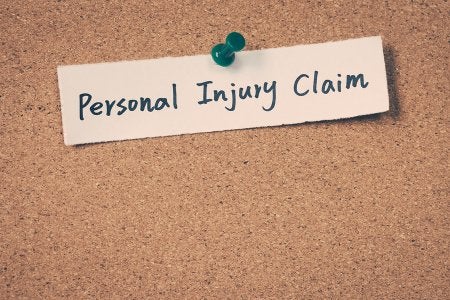Car crashes, dog attacks, and slip and fall incidents all have at least one thing in common: The potential for long-term disability and disfigurement. If you have experienced life-changing injuries due to someone else’s negligence, you have the right to seek compensation with the help of a personal injury lawyer . An injury lawyer serving Tracy and Manteca can guide you through the process of assessing the likelihood of long-term losses and calculating future damages.

Types of Long-Term Injuries
The injuries that accidents typically cause can result in chronic pain that ranges in intensity from mild to disabling. Long-term injuries include traumatic brain injuries (TBI), severe disfigurement, and post-traumatic stress disorder (PTSD). Personal injury lawyers can seek compensation for their clients’ amputation. An amputation may be traumatic, which can happen during a serious car crash, or it may be planned. For instance, the victim of a dog attack may suffer a life-threatening infection that requires the amputation of a hand, foot, or limb. Other long-term injuries include severe disfigurement and burn injuries. Depending on the particular type of injury or disability, patients may suffer from lingering symptoms such as the following:
- Dizziness
- Tinnitus
- Headaches
- Suicidal thoughts
- Phantom pain of an amputated limb
Documentation for Long-Term Injuries
To obtain a successful outcome for your case, your injury lawyer needs as much documentation as you can provide. Your medical records will play a vital role in your case. Be sure to attend every scheduled follow-up appointment with your doctor, and fully disclose any lingering symptoms or physical deficits you’re experiencing. Keep a record of your sessions with physical or occupational therapists. As you progress toward recovery, ask your healthcare provider if there is a likelihood of a long-term impact from your injuries, such as recurrent health problems or an increased risk of degenerative problems later in life. If so, ask your doctor to make a note of it in your medical records.
Compensation for Long-Term Injuries
Long-term injuries often involve some degree of functional impairment. For example, you may suffer from reduced vision, poor mobility, or cognitive decline. Not only do these problems affect your quality of life, but they may also prevent you from working at your full capacity. Your injury lawyer might ask you to meet with a life care planner or vocational rehab expert to evaluate your long-term damages. This enables your lawyer to seek appropriate compensation on your behalf.
